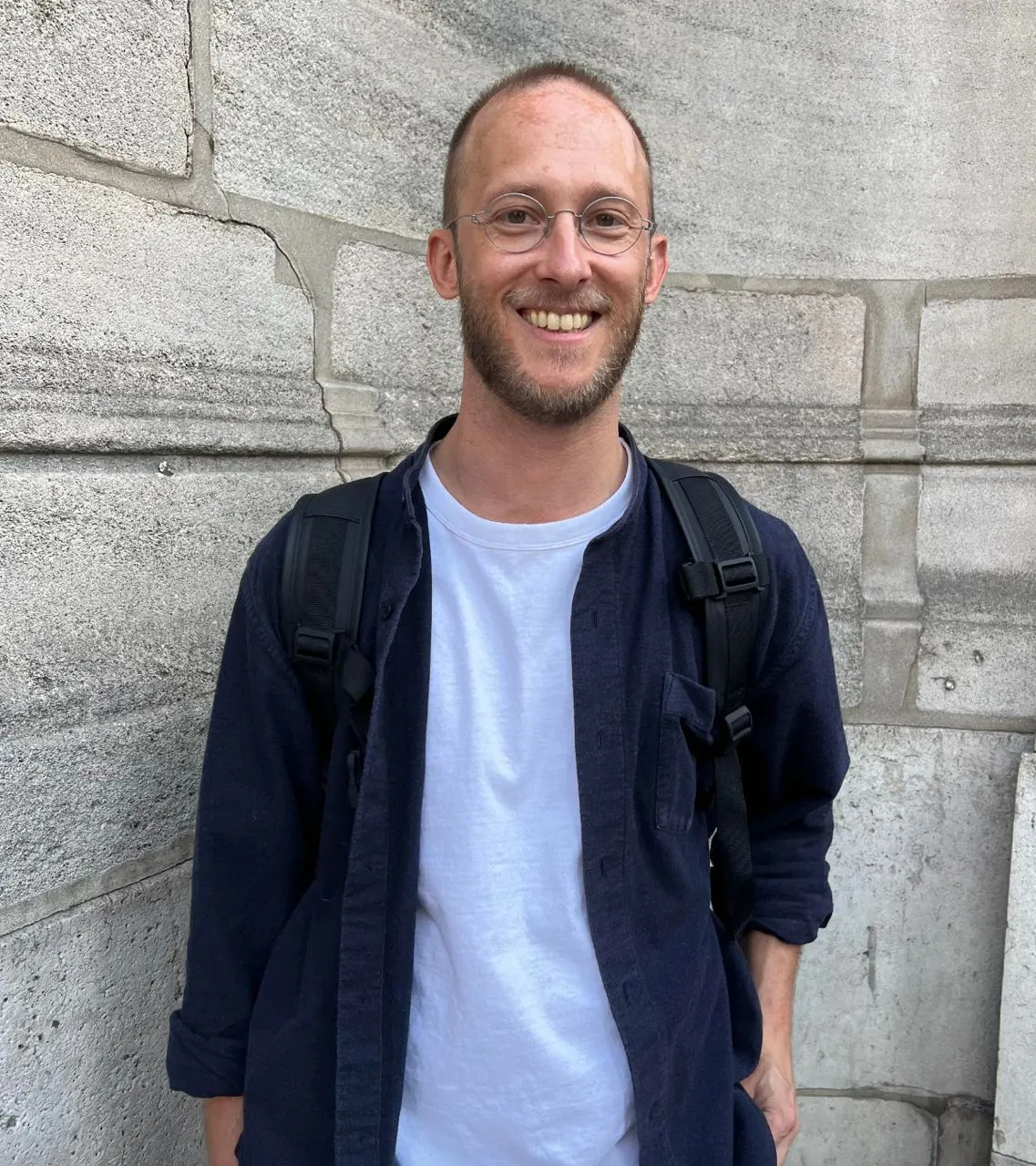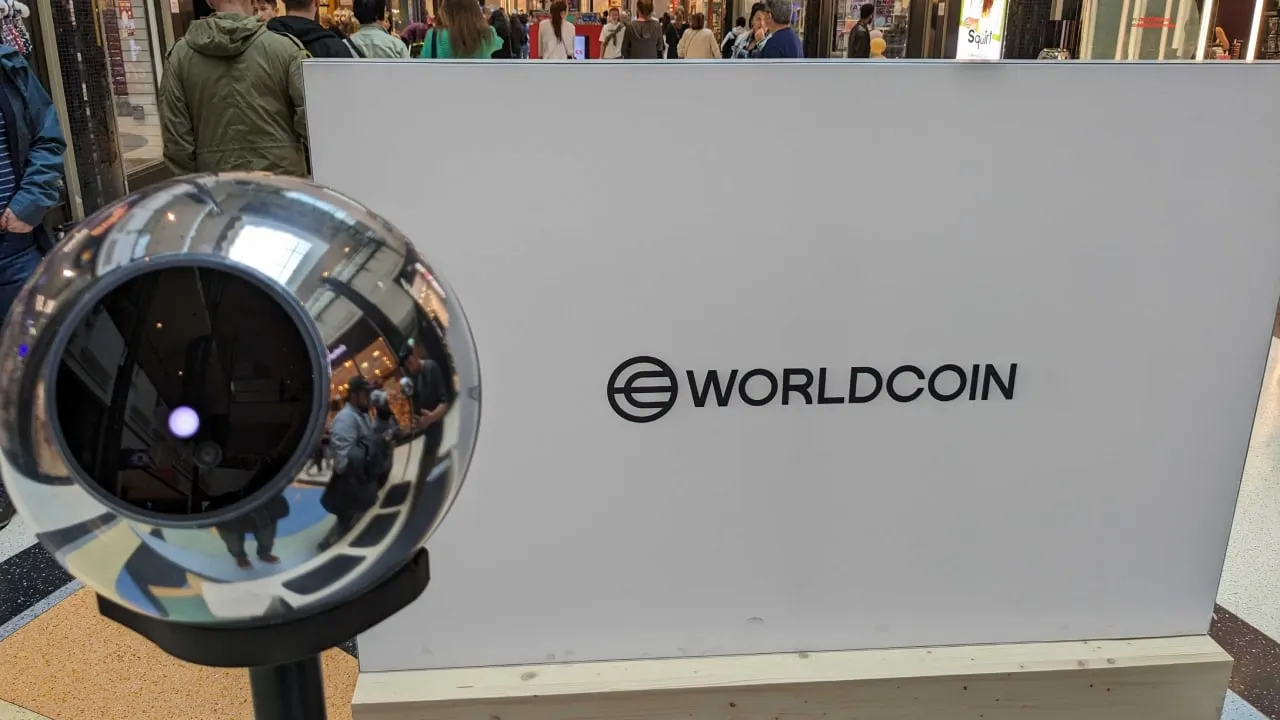Kenya's interior ministry announced this Wednesday the suspension of the cryptocurrency project Worldcoin, per an official announcement on the ministry's Facebook page.
This decision, as per the ministry, is a precautionary measure, to ensure public safety. The suspension will persist until relevant agencies can assess and certify the project as risk-free.
"The demand for Worldcoin’s proof of personhood verification services in Kenya has been overwhelming, resulting in tens of thousands of individuals waiting in lines over a three-day period to secure a World ID," a Worldcoin representative told Decrypt. "Out of an abundance of caution and in an effort to mitigate crowd volume, verification services have been temporarily paused."
The representative added that during the pause, the team will refocus on developing "an onboarding program that encompasses more robust crowd control measures."
Kenyan authorities didn't immediately respond to Decrypt's request for comment.
Worldcoin, co-founded by OpenAI's CEO Sam Altman, has been under hefty scrutiny from privacy watchdogs. The project scans human irises and provides individuals with a digital passport.
The company claims that these World IDs will be crucial as artificial intelligence becomes more influential, and allow humans to prove they aren't robots.
However, the legality of this data collection, which started merely nine days ago, has raised eyebrows. The primary concern revolves specifically around the conditions for storing such sensitive biometric data.
In response to these concerns, European regulators have intensified their scrutiny of Worldcoin. France, Germany, and the UK are among the countries that have already initiated investigations into this controversial crypto project.
UK’s Information Commissioner's Office (ICO) has stated that organizations need to conduct a Data Protection Impact Assessment before beginning to process "high-risk" data.
Despite these hurdles, Worldcoin's orbs—devices that perform iris scans—are still in operation in these countries. Specifically, two are situated in Britain, one in France, and two in Germany. In addition, there are currently 366 orbs active worldwide, with a total of 2,000 units already manufactured and prepared for deployment.
Addressing those privacy concerns, Worldcoin wrote on its website that the project is "fully compliant with all laws and regulations governing biometric data collection and transfer, including Europe's General Data Protection Regulation (GDPR).”
While Altman has claimed that one person is getting verified every eight seconds, Worldcoin announced plans to increase the number of orbs in major cities in the next months to multiply by five the capacity for sign-ups.
According to the live counter on the Worldcoin website, over 2,164,000 people from 120 different nationalities across 34 countries have already signed up.
The high number of sign-ups is largely due to the incentive offered by the project. Volunteers receive 25 WLD tokens in exchange for a picture of their irises.
Listed recently on major exchanges, the token was priced at $2.39 at press time, after having peaked at $7.50.

